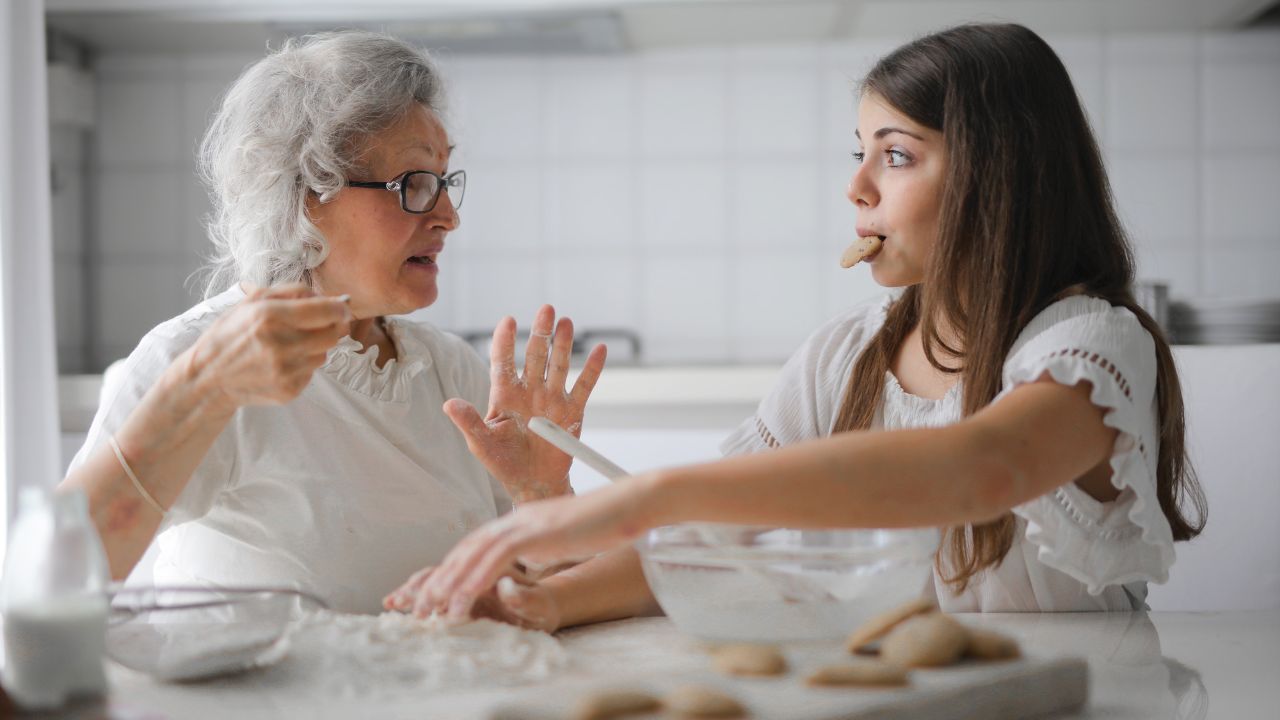It might be difficult to care for an aging family member or acquaintance. It is an emotionally taxing experience. As your parents, grandparents, or other family members continue to age, they may require greater support. It will help in adjusting to the standard of living they have always known.
This piece will discuss five practical strategies to provide the finest care for an aging loved one. It will convince you to take care of them in a way that they remain well, comfortable, and happy later.
Maintaining Open Lines Of Communication And Providing Emotional Support
It is essential for the mental health of your elderly family member or friend that you keep up a consistent line of communication with them. Spend the essential amount of time having meaningful interactions. You can listen carefully, and demonstrate true empathy for the other person.
Emotional support is vital for older people since growing older may be a lonely and isolated experience. You can help offer a sense of connection and lessen loneliness by actively participating in the lives of the people you care about.
Make The Living Environment As Secure And User-friendly As Possible
It is essential for the safety and comfort of an elderly loved one to modify their living space to meet their requirements as they age. Get rid of any risks or obstructions that could cause someone to trip or have another mishap. Handrails can be installed in hallways and staircases, and adequate lighting can be provided throughout the home.
Take into consideration the installation of wheelchair accessibility features such as grab bars in the toilet and ramps. These modifications have the potential to greatly increase their level of independence while also lowering the risk of injury.
Assist With Day-to-day Activities And Self-care
As people get older, they could find it more difficult to carry out the activities of daily living and self-care responsibilities. Assisting with these activities can significantly impact the overall quality of life of the individual you are helping. Help with activities such as preparing meals, managing medications, washing, dressing, and general grooming may be required.
Take a patient, respectful, and dignified approach to these activities while ensuring they are comfortable during the procedure. The key to preserving their sense of self-worth is to foster their independence while at the same time providing the necessary support.
Encourage Both Physical Activity And Mental Engagement
Participating in both physical and mental activities can be beneficial to an individual’s overall well-being as well as their cognitive performance as they age. Encourage the person you care about to participate in physical activities suited to their ability level. Such as walking, stretching, or mild yoga.
In addition, mentally challenging oneself through activities such as reading, doing puzzles, or participating in hobbies can help one’s cognitive abilities remain sharp. By including these activities in their daily routines, you can improve both their mental and physical health for them.
Seek The Assistance Of Qualified Professionals And Senior Living Housing
Providing care for an elderly family member or friend is a challenging job that can strain your health and well-being. It is imperative to look for professional assistance and investigate possible forms of respite care. Your loved one may benefit from the specialized assistance, medical support, and companionship professional caregivers provide.
The potential for enhanced social involvement and stronger feelings of community are two primary advantages of living in senior housing. Sometimes being older might result in becoming socially isolated, especially for people who live alone or have few social connections. There are organizations like Montessori Senior Living, for example, that offer a lively atmosphere where residents may engage in various activities, socialize with their contemporaries, and forge important connections.
A sense of belonging can be developed, and feelings of isolation can be alleviated by being in the company of others who share similar values and being part of a community that offers support. You can take brief pauses and focus on yourself, which lowers the likelihood that you may have caregiver burnout.
Conclusion
It takes patience, compassion, and dedication to care for an elderly family member or friend. You will be able to have a beneficial effect on the health and general quality of life of an elderly family member. All you need to do is put into practice these five strategies for providing the greatest possible care for older people.
Always seek help when you feel you need it, whether it be from your extended family or professional caretakers. You and your partner can work together to ensure that the person you care about gets the care and attention they merit at this point in their life.
